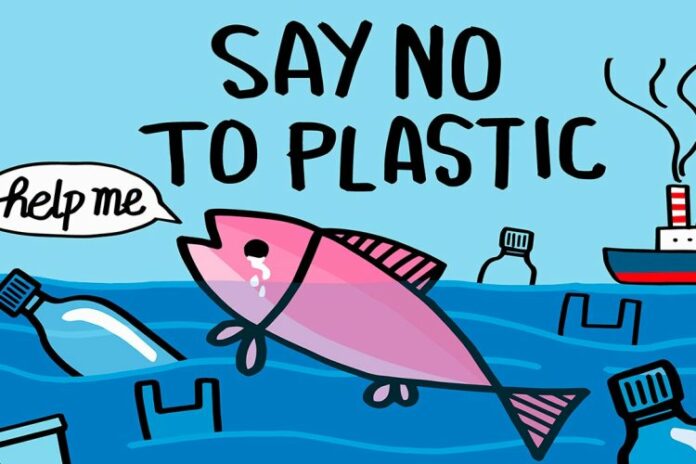Meeting from 19 to 23 February at IMO Headquarters in London, IMO’s Sub-Committee on Pollution Prevention and Response (PPR 11) agreed draft recommendations for the carriage of plastic pellets by sea, along with draft guidelines for cleaning up plastic pellet spills from ships.
The draft recommendations for the carriage of plastic pellets by sea in freight containers include the following actions:
- Plastic pellets should be packed in good quality packaging which should be strong enough to withstand the shocks and loadings normally encountered during transport. Packaging should be constructed and closed to prevent any loss of contents which may be caused under normal conditions of transport, by vibration or acceleration forces.
- Transport information should clearly identify those freight containers containing plastic pellets. In addition, the shipper should supplement the cargo information with a special stowage request requiring proper stowage.
- Freight containers containing plastic pellets should be properly stowed and secured to minimize the hazards to the marine environment without impairing the safety of the ship and persons on board. Specifically, they should be stowed under deck wherever reasonably practicable, or inboard in sheltered areas of exposed decks.
These recommendations, which aim to prevent a spill of pellets occurring, will be submitted for urgent consideration and approval by the Marine Environment Protection Committee at its next meeting in March 2024 (MEPC 81).
In the event of a spill, the draft clean-up guidelines provide practical guidance for government authorities and other entities for developing large-scale national strategies as well as smaller-scale site specific response plans. The guidelines cover contingency planning, response, post-spill monitoring and analysis, and intervention and cost recovery. These will be updated as the industry gains more experience with their application.
The draft clean-up guidelines will be submitted to MEPC 82 in October for consideration. The Sub-Committee invited Member States to implement the guidelines early, pending their formal approval.
The Sub-Committee also held extensive discussions on possible amendments to IMO mandatory instruments related to plastic pellets and will continue these discussions at future sessions.
Plastic pellets are small plastic granules widely used as a raw material in the creation of plastic products. Normally transported by the tonne in freight containers, spills in the ocean can harm marine life and impact fishing, aquaculture and tourism activities. The most recent major incident occurred off the coast of Galicia in Spain, when millions of pellets washed ashore after accidental release from a ship.



